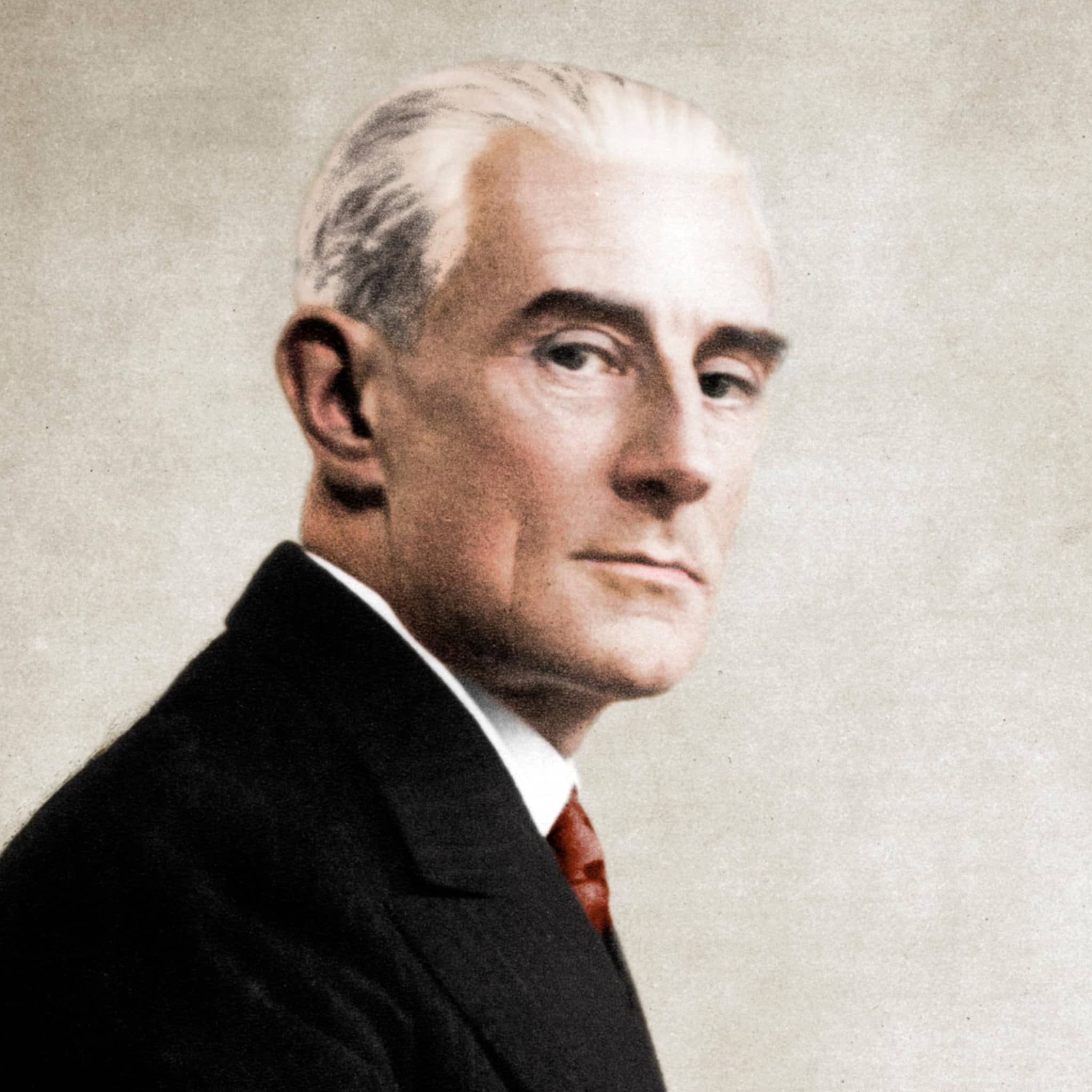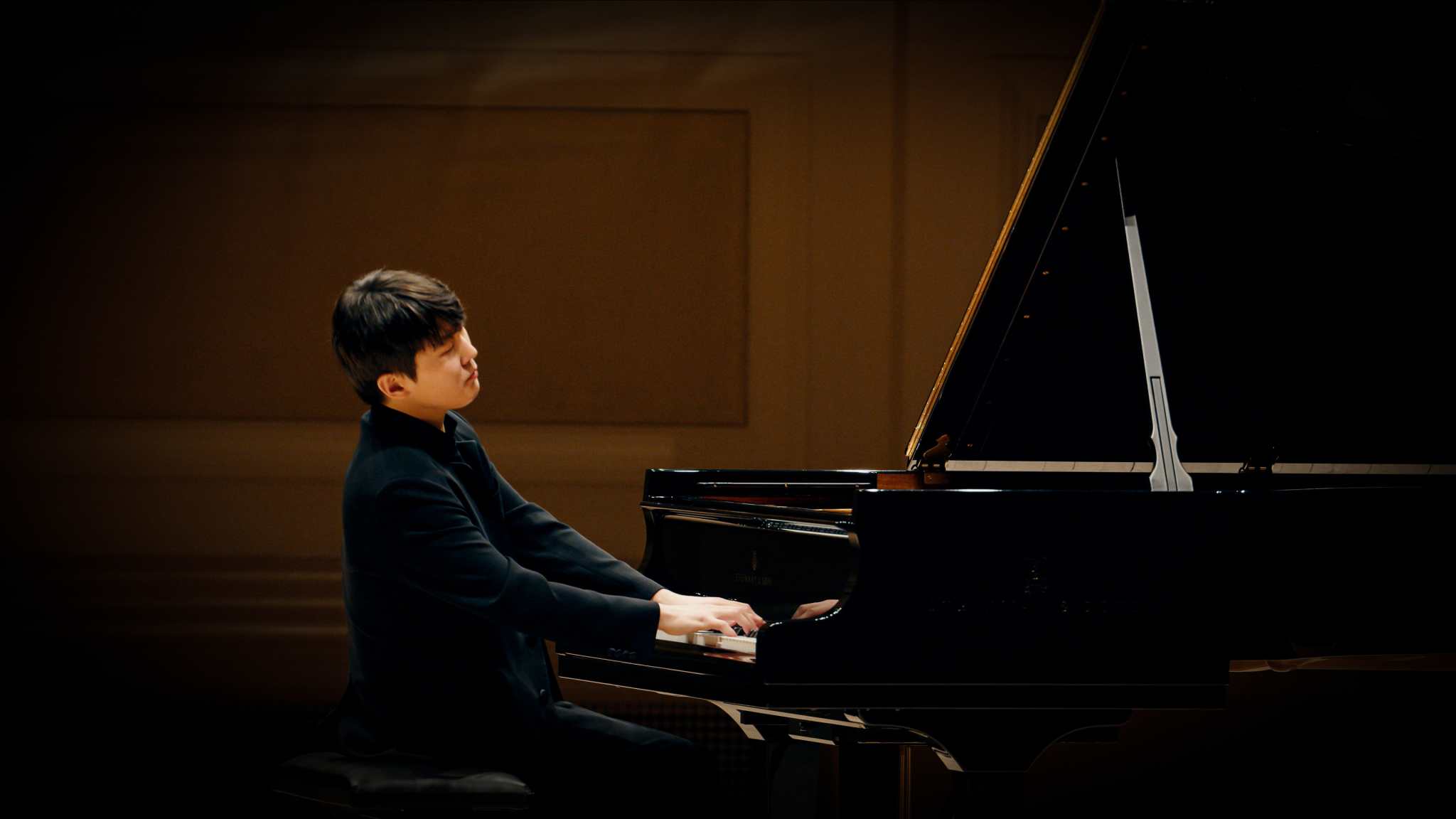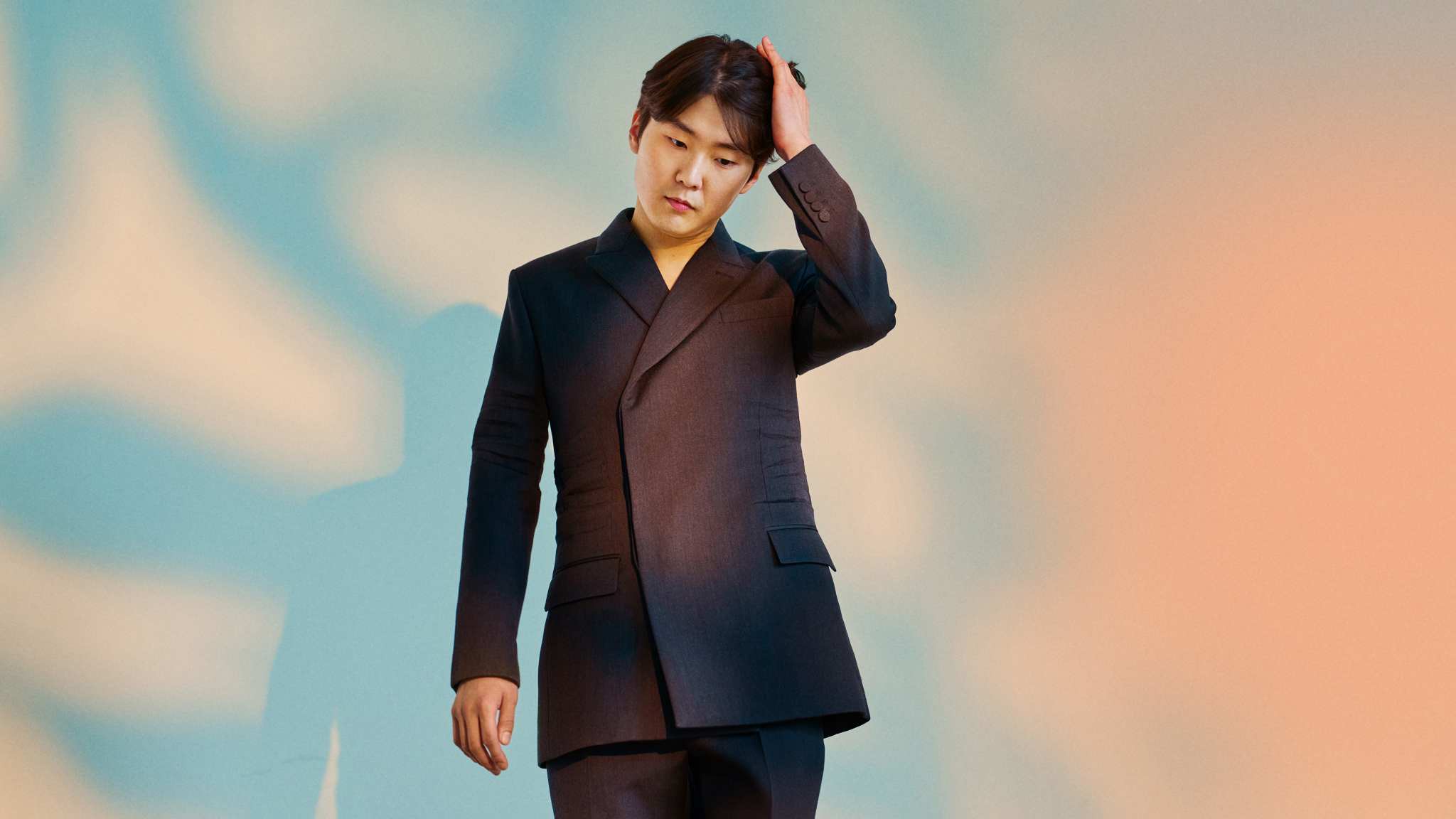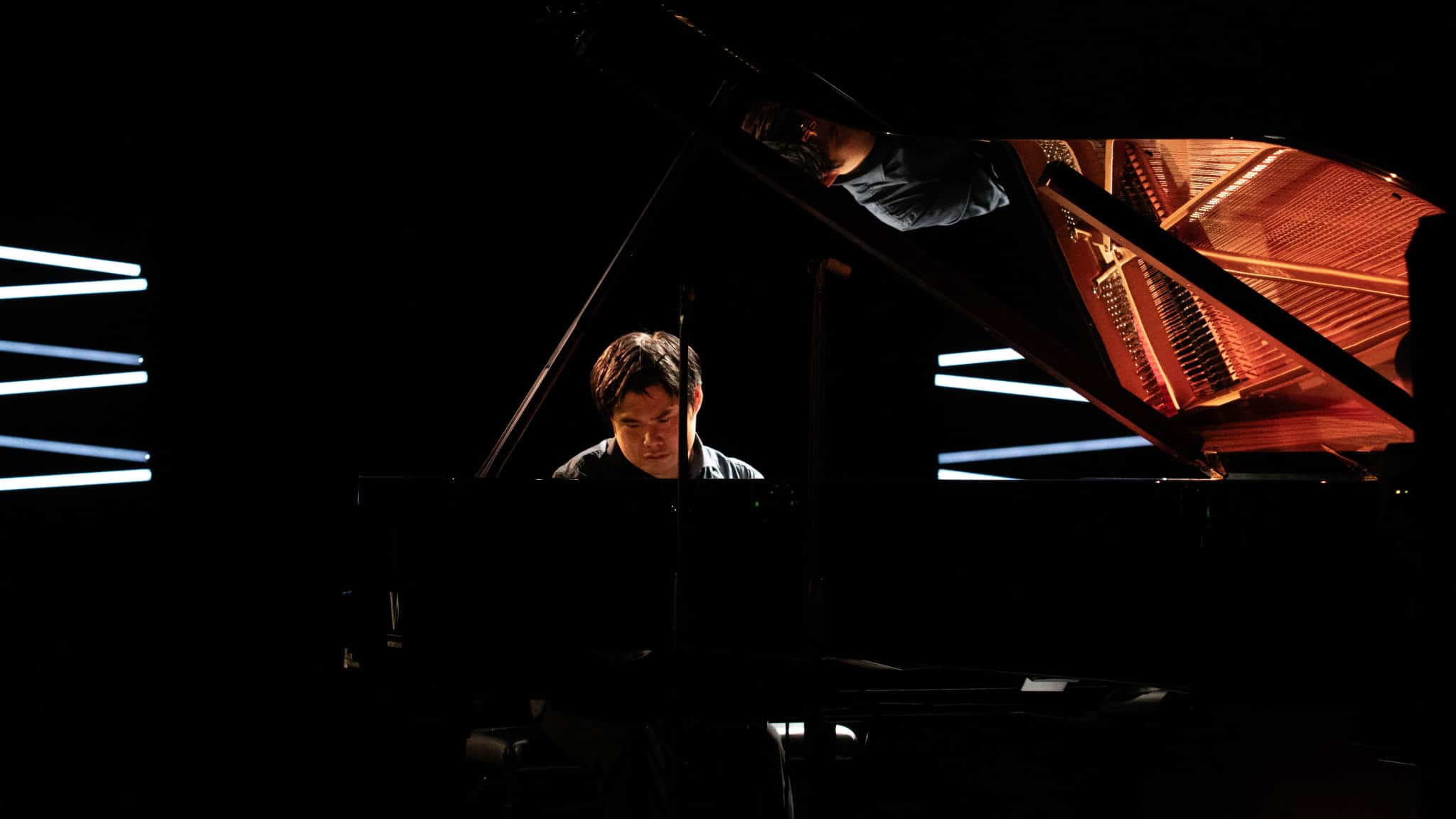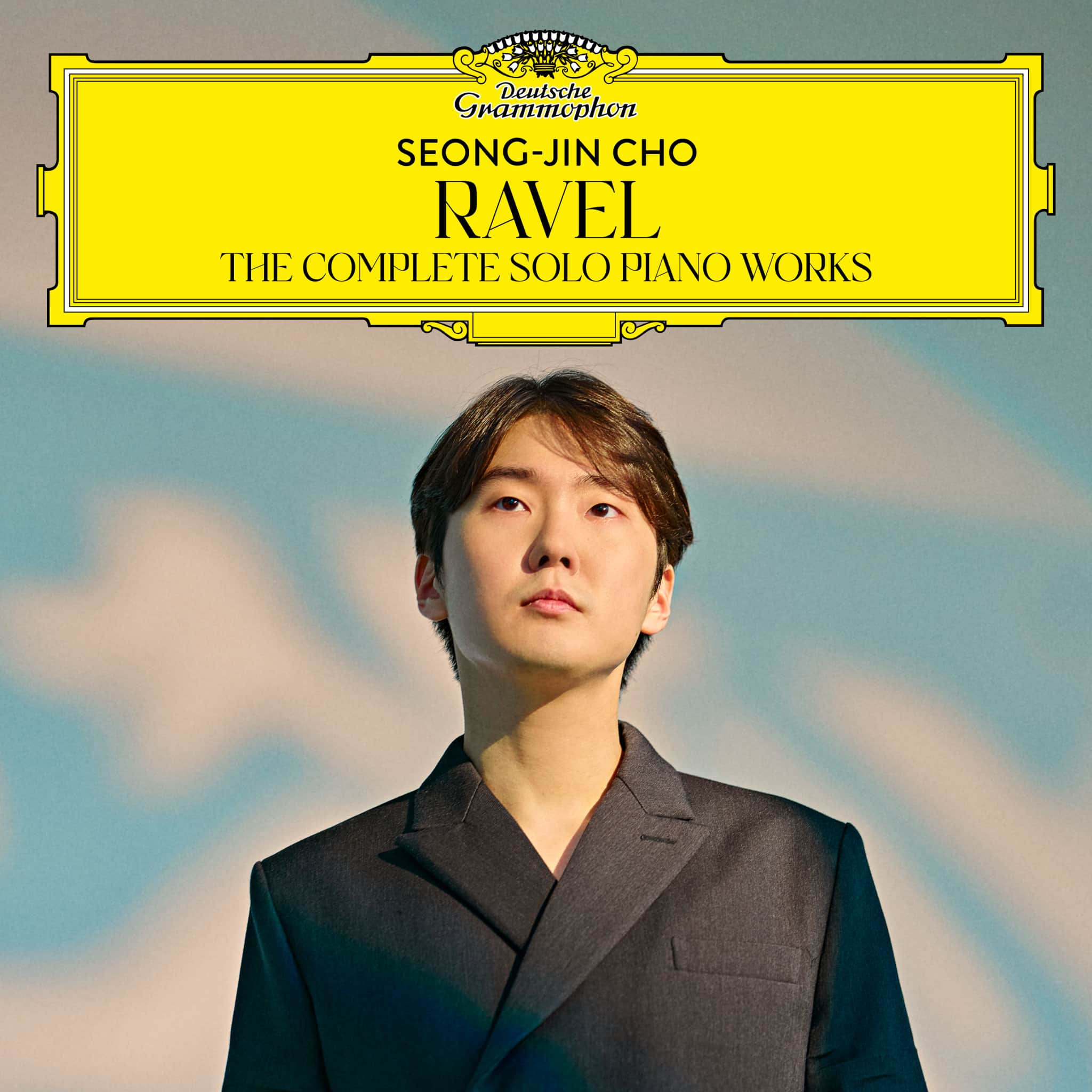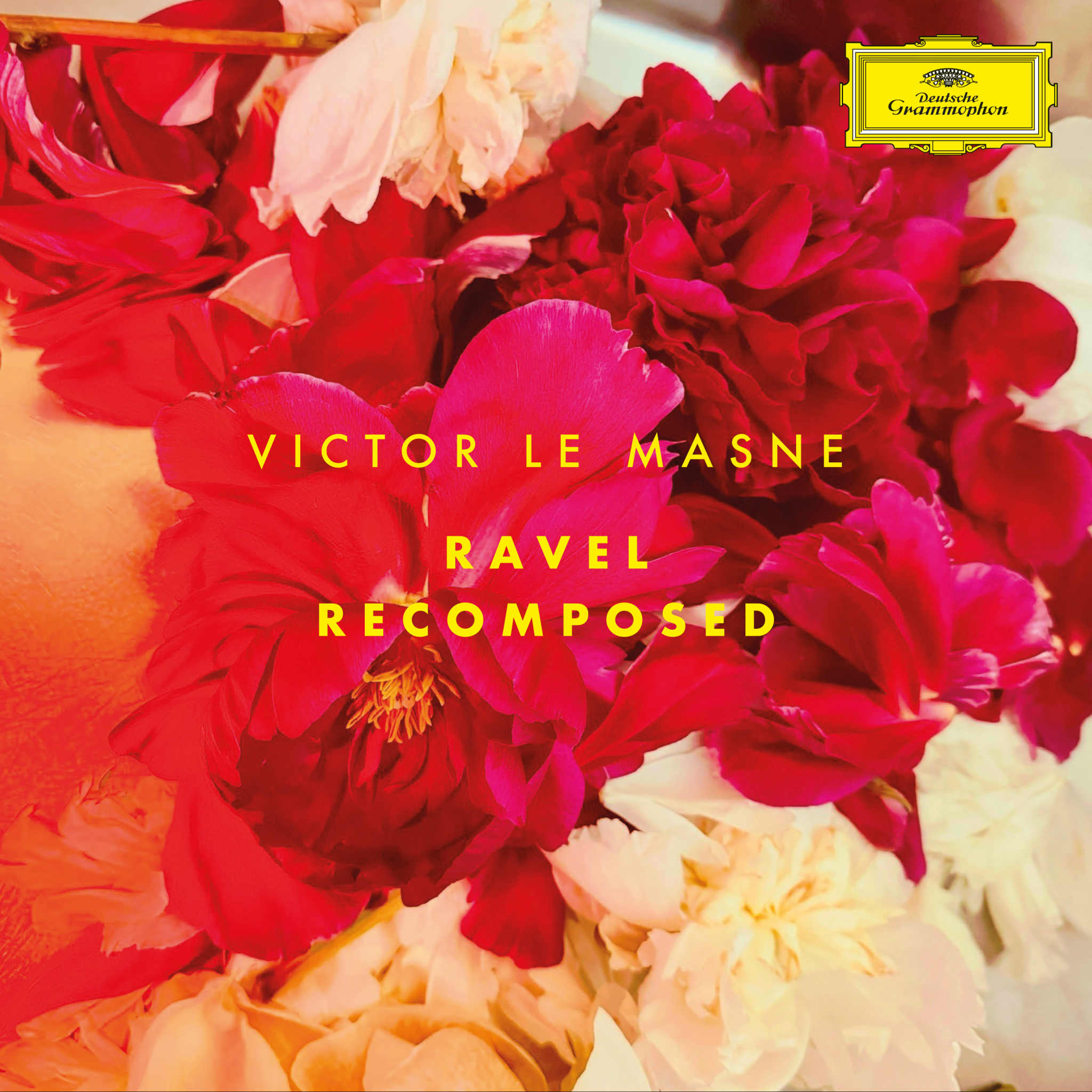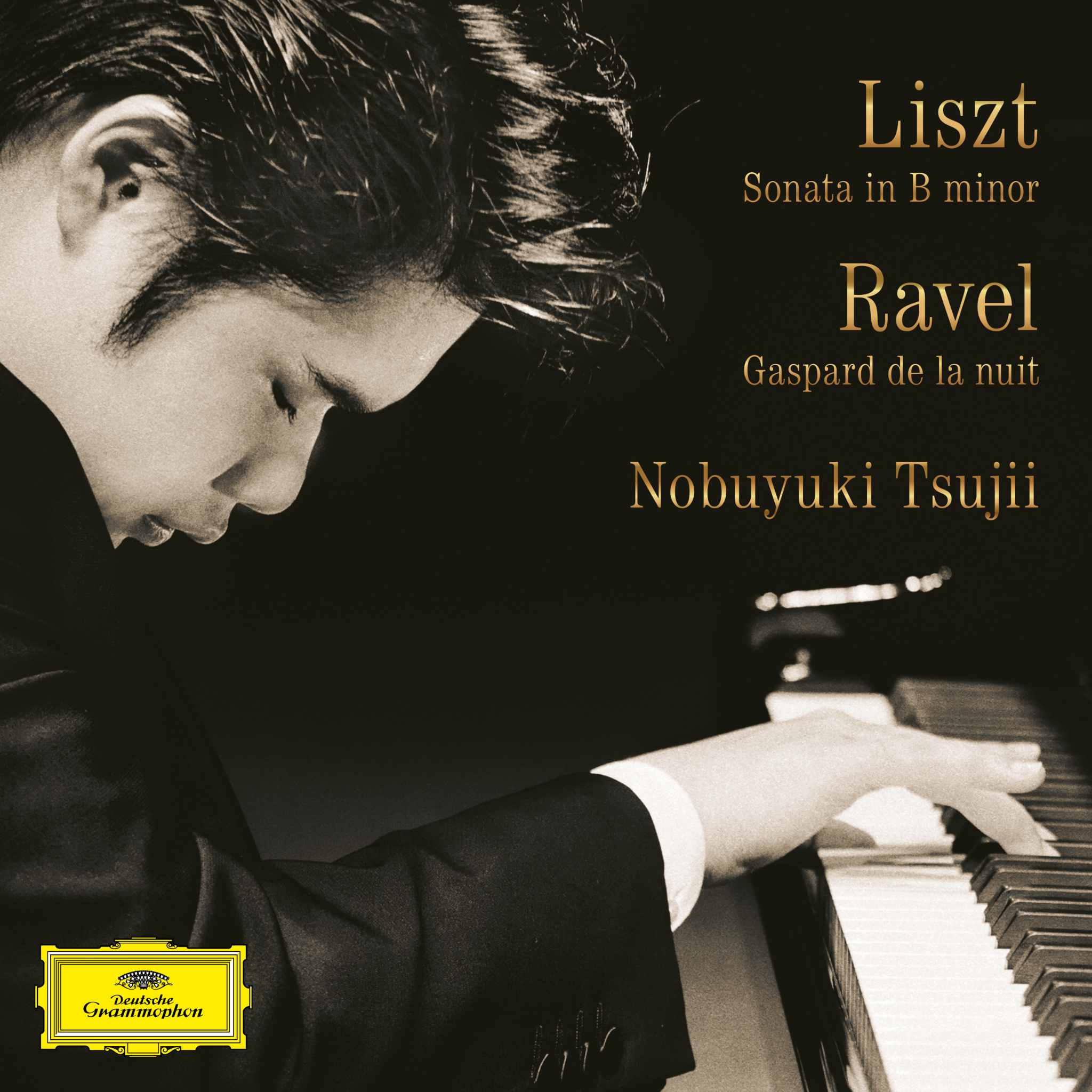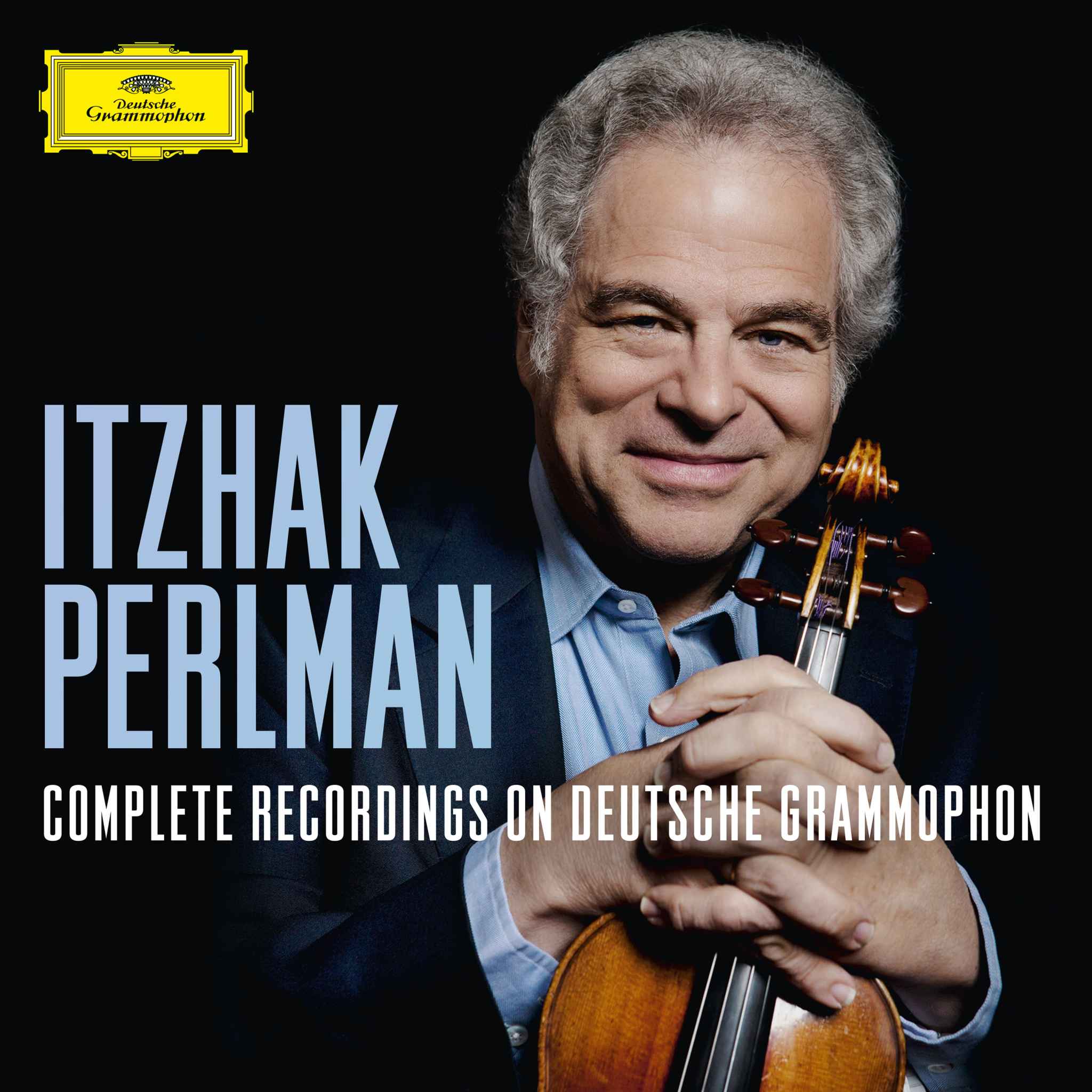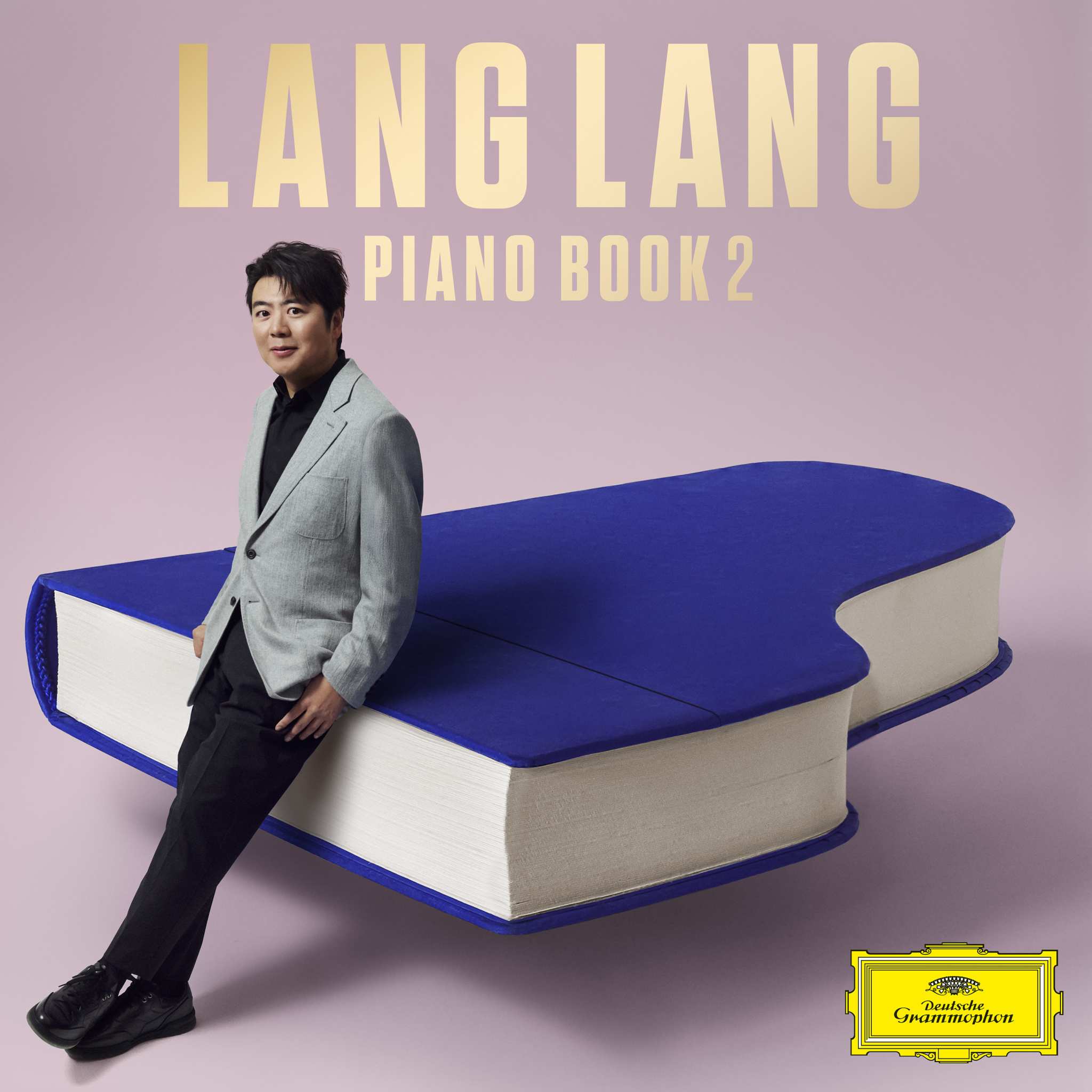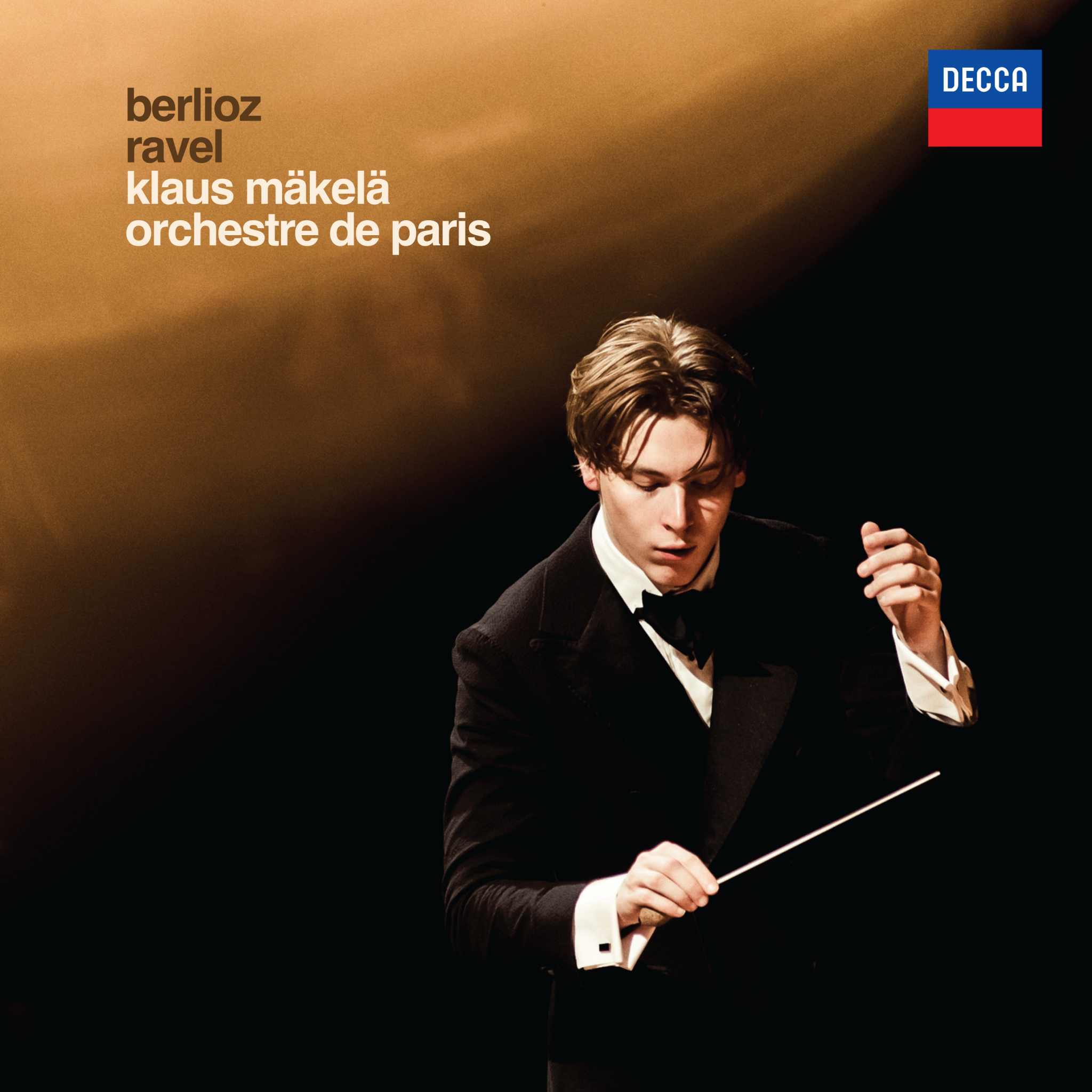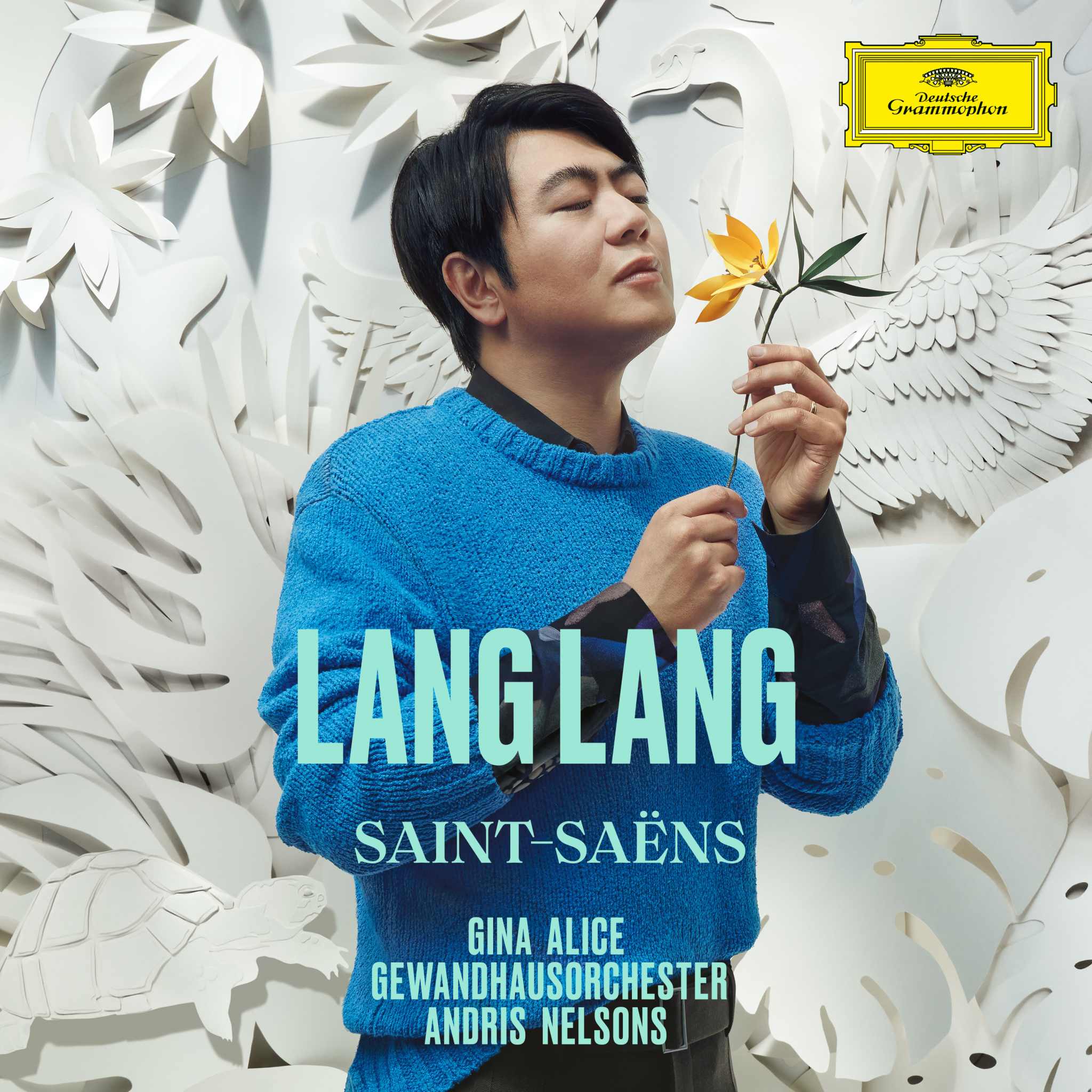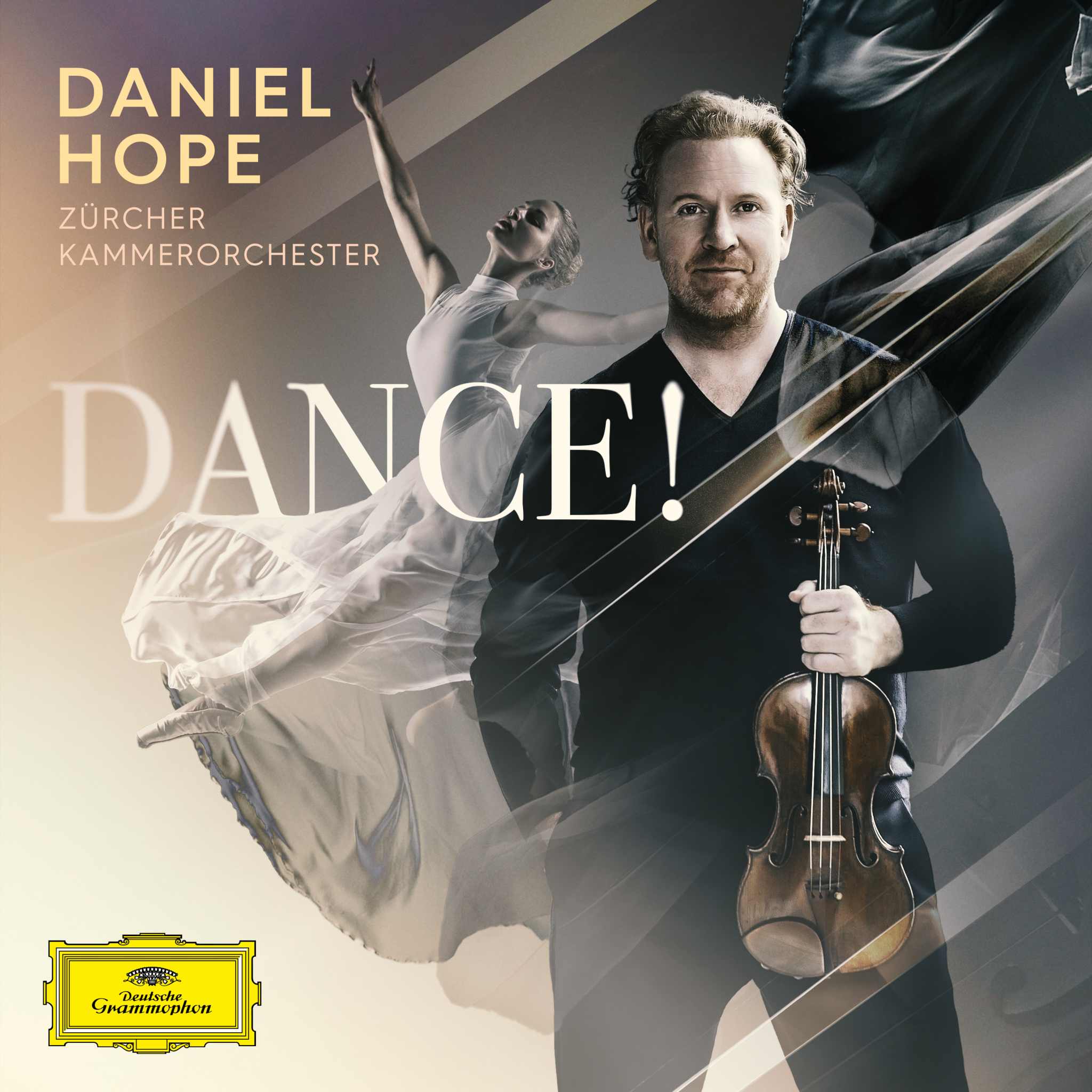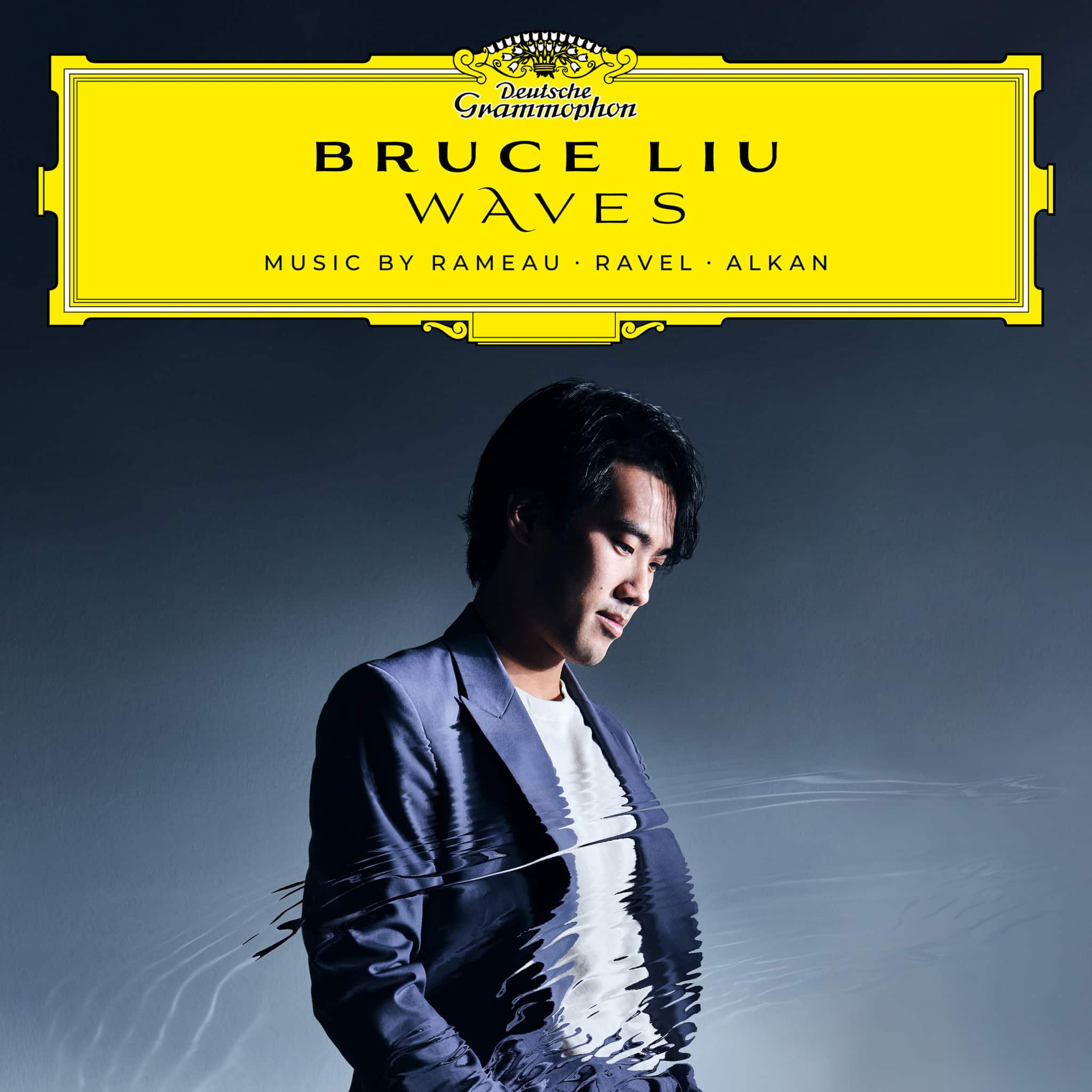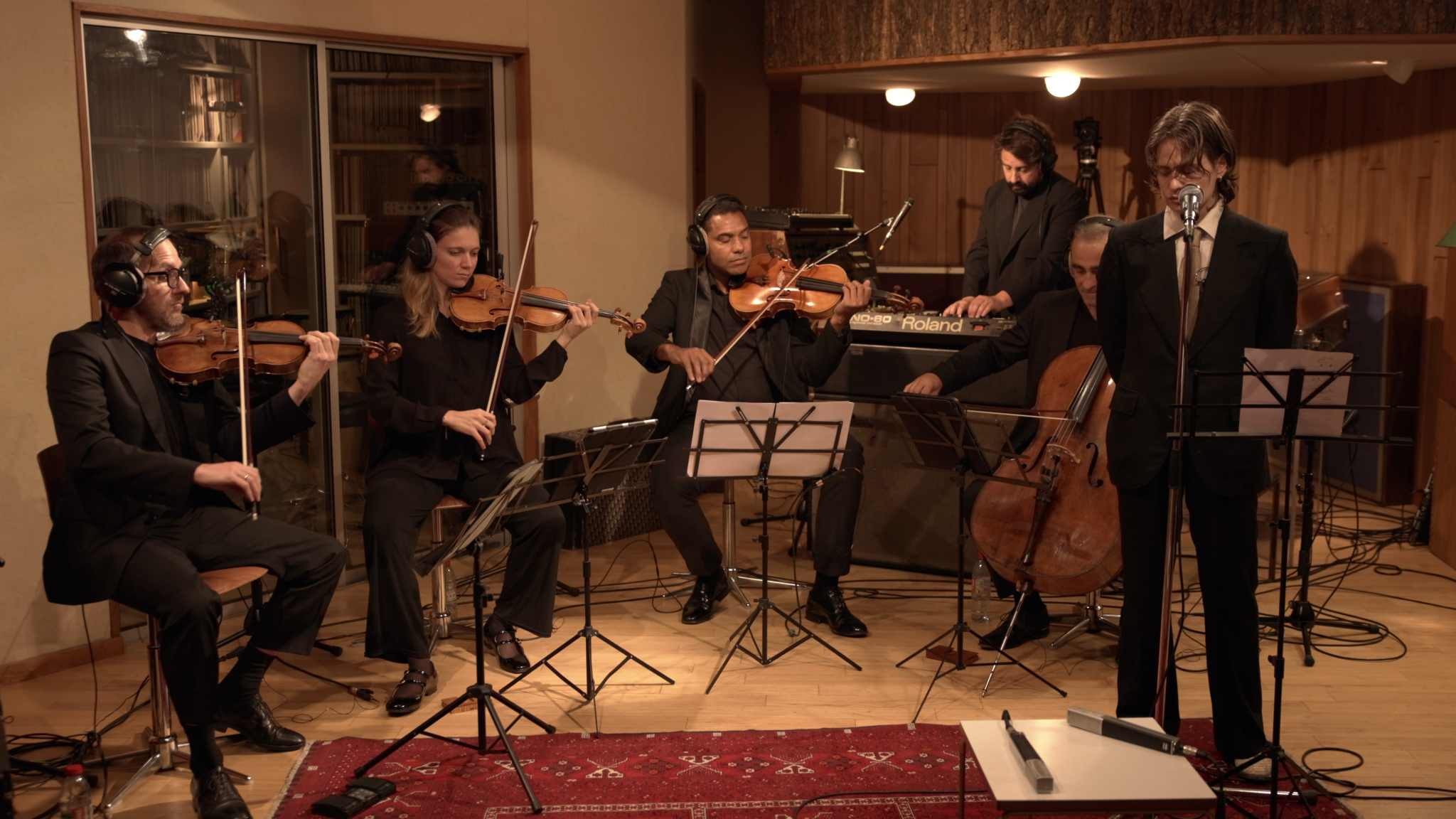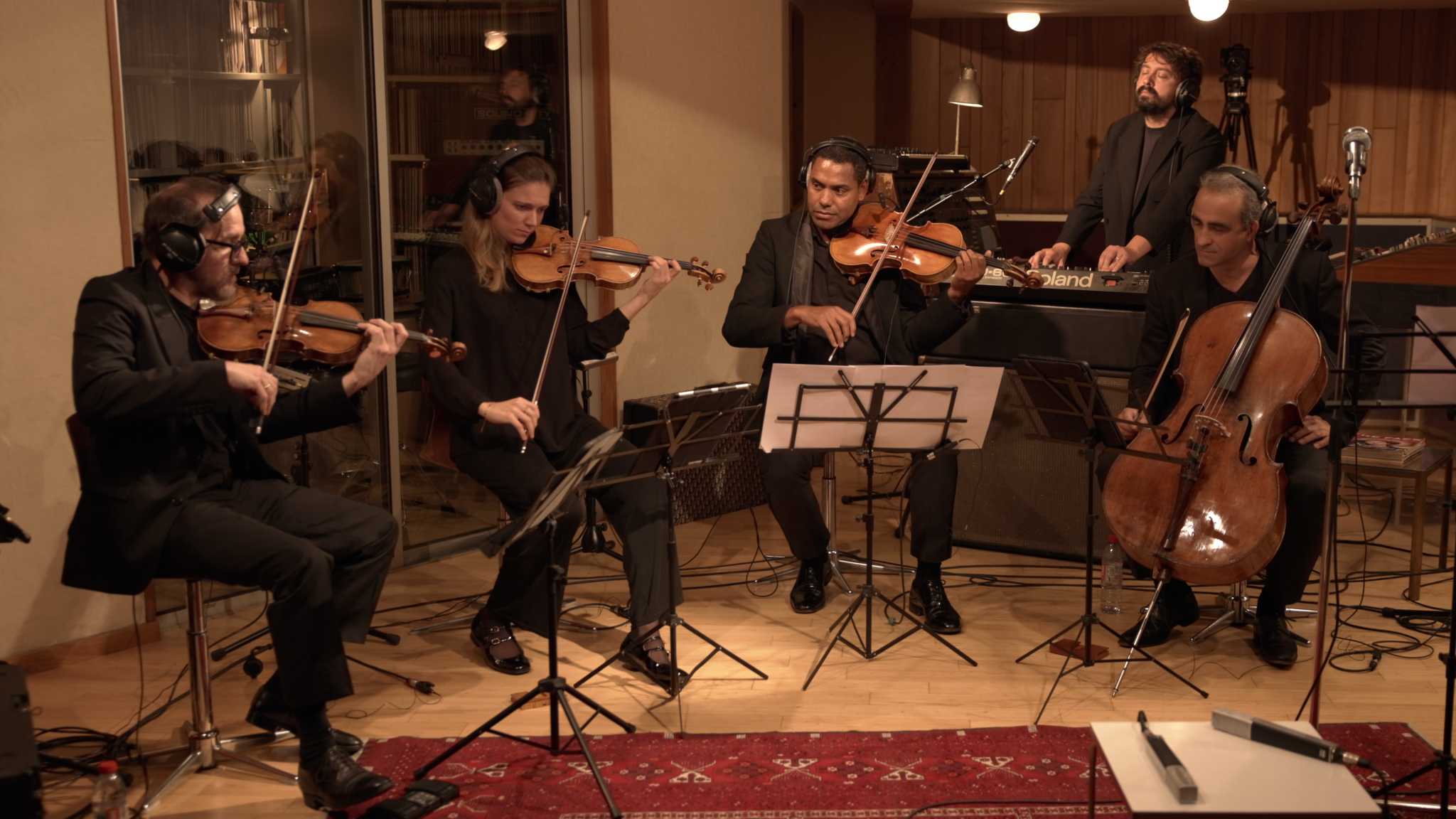AboutMaurice Ravel
Ravel's parents were both music lovers and actively supported their eldest son in his sense of artistic vocation. In spite of his setbacks at the Paris Conservatoires, where he repeatedly failed to win the Prix de Rome, he was encouraged by colleagues and friends to continue writing music and soon emerged as the most distinctive musical figure in early 20th-century. What is more, the sophistication and charm of his music earned him a place as one of the most original composers of his time, not least as a result of his taste for exoticism and for the world of enchantment and the imagination, to say nothing of his well-developed sense of humour and insatiable interest in other forms of music such as jazz, the foxtrot and the charleston.
With his links to the impressionists and symbolists, Ravel was a past master in the art of writing for both the piano and the orchestra, although he also provoked the occasional scandal with his music, notably with his Histoires naturelles in 1907. Although his delicate health reduced his productivity, it did not prevent him from writing such undisputed masterpieces as La Valse, Ma Mère l'oye, L'Enfant et les sortilèges and the Piano Concerto in G Major, or from undertaking extensive concert tours. He occupies a privileged position in the pantheon of French composers alongside Rameau, Berlioz and his close contemporary Claude Debussy.
